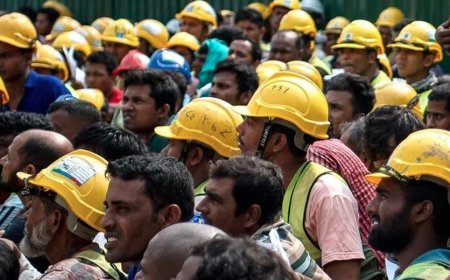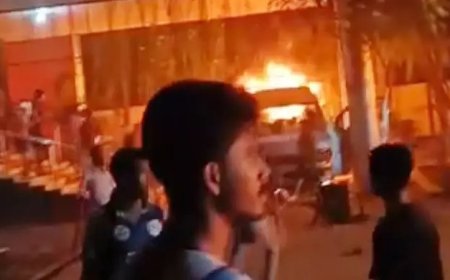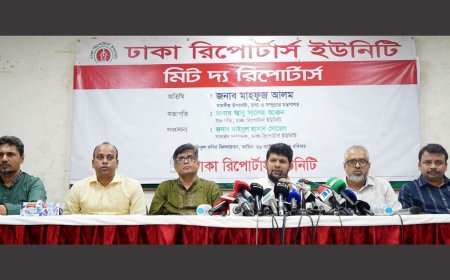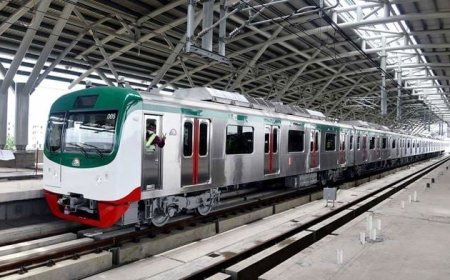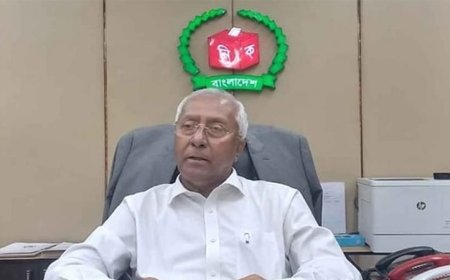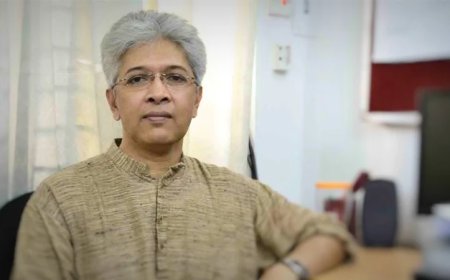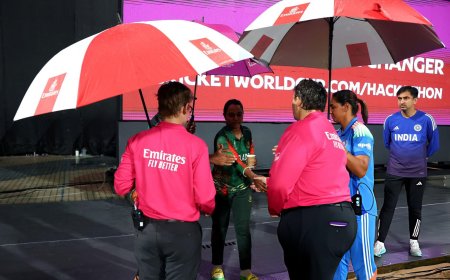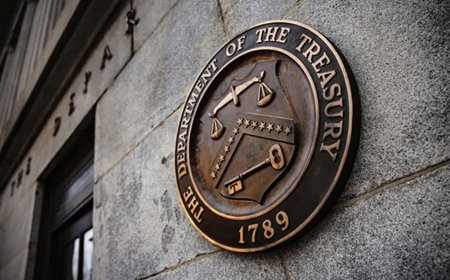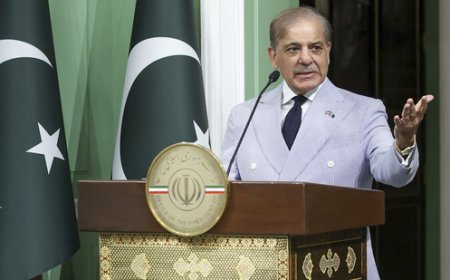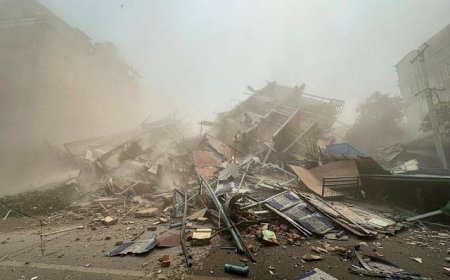Latest Updates on the Balochistan Jaffar Express Tragedy
The Baloch Liberation Army (BLA) has claimed responsibility for hijacking the Jaffar Express train and holding civilians hostage in Mushkaf.

Jaffar Express Hijacking: A National Tragedy in Balochistan
Incident Overview
On March 11, militants from the banned Balochistan Liberation Army (BLA) hijacked the Jaffar Express, a nine-bogie passenger train with a capacity of 700, in the remote Mushkaf area of District Kachhi, Balochistan. The train, carrying over 400 passengers, was en route from Quetta to Peshawar when it was ambushed at approximately 1:15 PM (local time) near Tunnel No. 8 in the mountainous region of Mushkaf.
The attack began with an IED explosion that damaged the railway track, immobilizing the train. The militants then opened fire, injuring the train’s driver, before taking the passengers hostage. The incident quickly escalated into a national crisis, lasting two days as insurgents demanded the release of imprisoned Baloch militants.
Challenging Terrain and Rescue Efforts
Mushkaf, a rugged region with 18 historic tunnels dating back to the British colonial era, is known for its difficult accessibility. Experts described the attack site as nearly unreachable by regular vehicles, complicating rescue efforts.
In response, Pakistan’s military and paramilitary forces launched a large-scale rescue operation. Hospitals in Sibi, Daddar, and Quetta were placed on high alert, while emergency relief trains carrying medical teams and security personnel were dispatched. Despite the challenging conditions, 55 civilians were rescued on the first day.
By March 12, over 100 hostages had been freed. However, the militants used women and children as human shields, making the operation even more difficult. According to Pakistan Army’s media wing, ISPR, security forces faced heavy resistance.
Casualties and Operation Conclusion
During the ordeal, at least 21 civilians were killed, and 37 were injured. The clearance operation ended on March 13, with all hostages successfully rescued. In the process, four soldiers lost their lives, while 33 militants were neutralized.
BLA’s Demands and Justification
The Baloch Liberation Army claimed responsibility for the hijacking and issued a 48-hour ultimatum, demanding the release of all enforced disappeared persons and jailed Baloch militants. They threatened to execute the hostages if their demands were not met.
Historically, the BLA has targeted individuals from Punjab, both civilians and military personnel. However, this attack focused primarily on securing the release of imprisoned militants. The group did not specify the names of those they sought to free, leaving their demands ambiguous.
Most passengers on the Jaffar Express were traveling to Lahore, Rawalpindi, and Peshawar. Following the attack, railway services in Balochistan were suspended for three days and resumed only after security clearance.
Global Condemnation and Political Response
The attack drew widespread international condemnation. The United States, China, Iran, and Turkey denounced the hijacking as an act of terrorism. Pakistani Prime Minister Shahbaz Sharif visited Quetta to oversee operations, describing the tragedy as a moment of national mourning. He also emphasized the importance of Balochistan’s development for Pakistan’s progress.
President Asif Ali Zardari condemned the attack as inhumane and contrary to Balochistan’s traditions.
Security Implications and Impact
Security analysts note that Baloch insurgents have traditionally targeted military personnel and state informers. However, in recent years, banned militant organizations have increasingly attacked civilians, particularly those from Punjab.
The Jaffar Express tragedy highlights the ongoing security challenges in Balochistan and underscores the urgent need for addressing the root causes of insurgency. This incident serves as a stark reminder of the human toll of conflict and the resilience of those caught in its wake.
What's Your Reaction?








